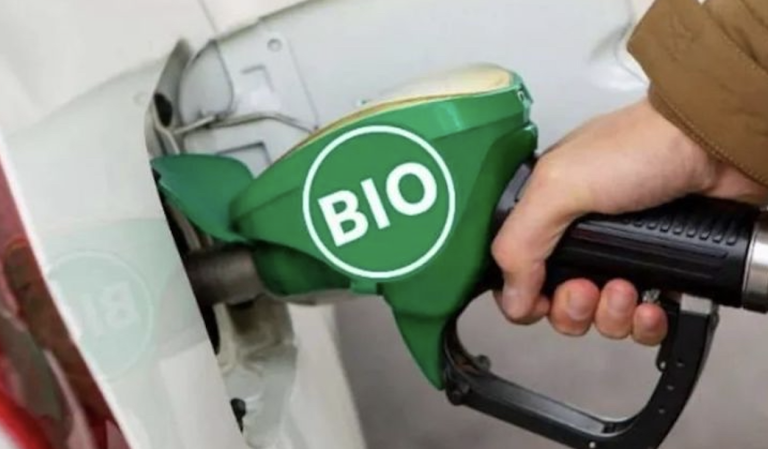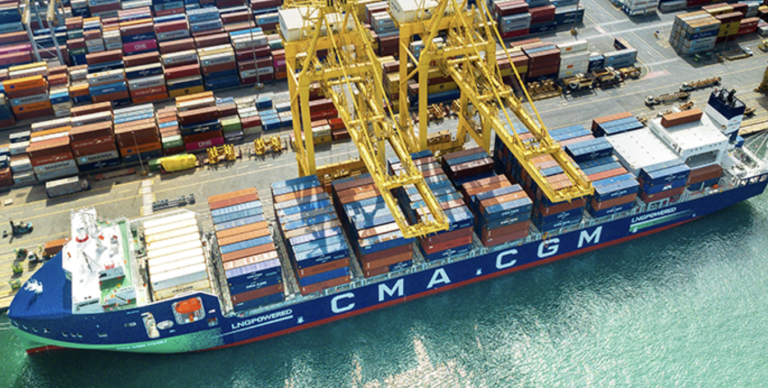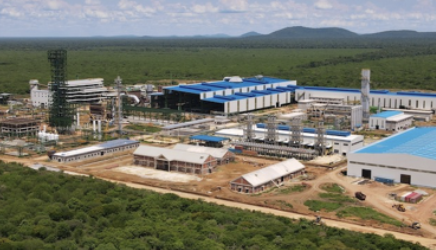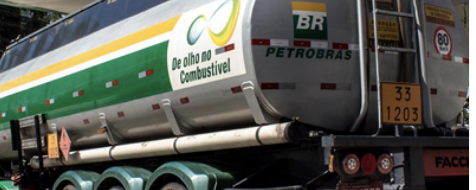
January 2, 2026
Canada’s biofuel production incentive officially took effect on January 1, providing immediate support for domestic biofuel capacity and national energy security, according to Canadian…

December 22, 2025
French container shipping group CMA CGM and DHL Global Forwarding have signed an agreement to offer lower-carbon container shipping services powered by biofuels derived…

December 17, 2025
Odfjell has established a green shipping corridor between Brazil and Europe, enabling vessels to complete a 5,000-nautical-mile transatlantic route using certified B24 biodiesel with…

December 14, 2025
A solid waste treatment and industrialization plant located in the Lechuguillas area of Sucre is set to be officially launched this Thursday. The project…

December 14, 2025
The Trade Remedies Authority (TRA) has published a Statement of Essential Facts concerning imports of biodiesel from Indonesia. The transition review was formally initiated…

December 11, 2025
According to a Reuters report on December 11,Mitsui O.S.K. Lines (MOL), together with Sinopec and Marubeni Corporation, has signed a memorandum of understanding (MOU)…

December 1, 2025
Brazil may postpone its next increase in mandatory biodiesel blending, adding uncertainty to the country’s biofuel expansion plans. A senior official from the Ministry…

December 1, 2025
On Monday, Javier Milei’s government authorized a new increase in the mandatory purchase prices of biodiesel and bioethanol used for Argentina’s fuel blending program,…

November 25, 2025
The U.K. government announced on Tuesday that the Secretary of State has accepted the Trade Remedies Authority’s (TRA) final recommendation to impose new anti-dumping…

November 14, 2025
Indonesia is preparing a major step in its biofuel strategy, with the Energy Ministry confirming that road testing for B50 biodiesel—fuel containing 50% palm…









